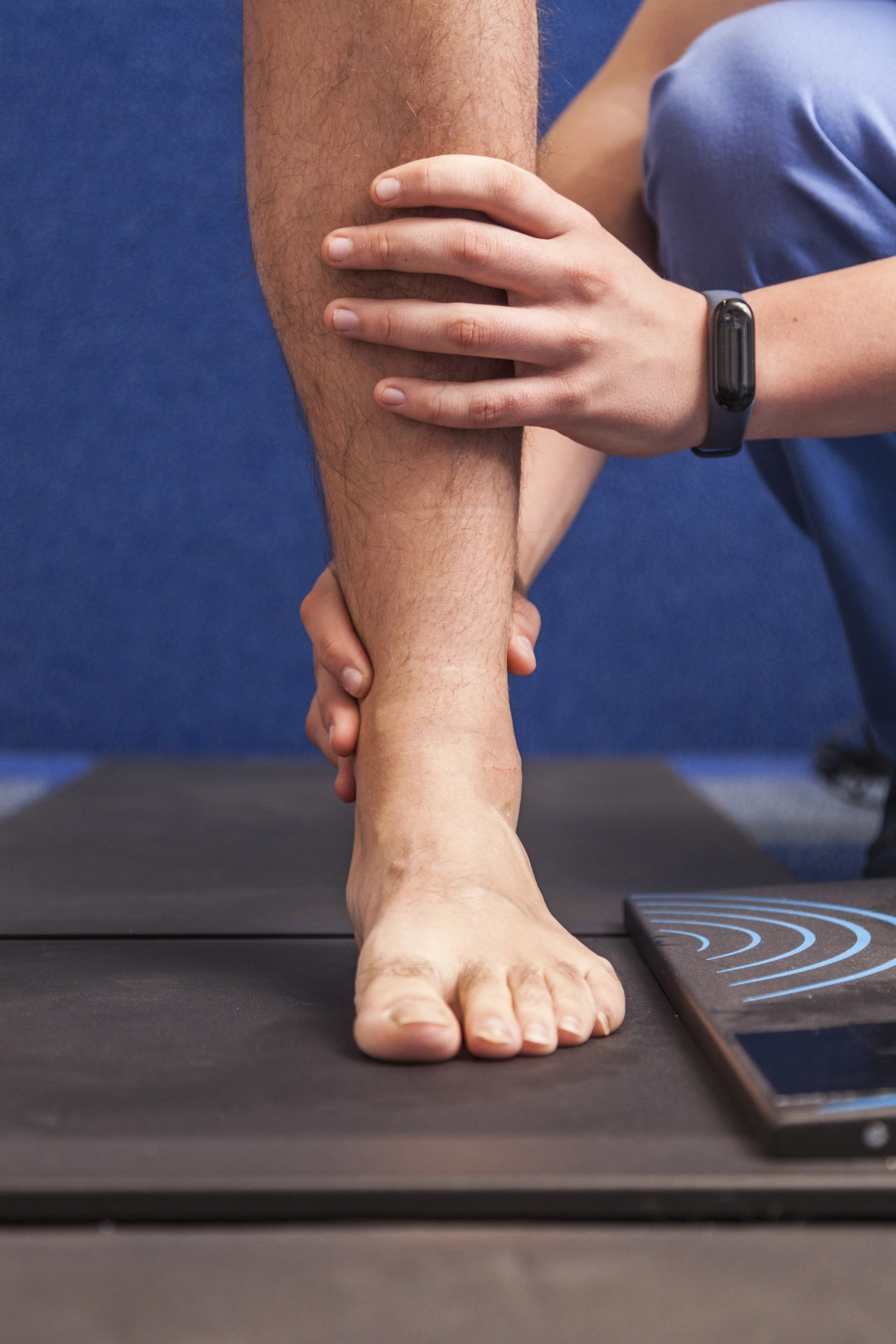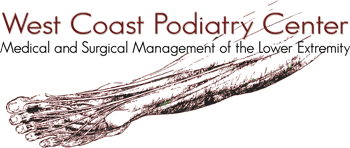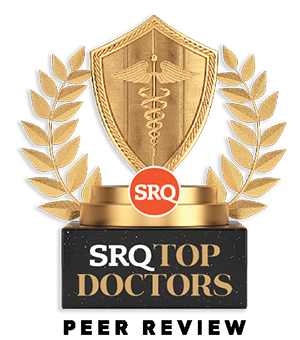Achilles Tendinopathy: Understanding, Managing, and Treating
Achilles Tendinopathy is a common condition that affects the Achilles tendon, the large tendon at the back of the ankle that connects the calf muscles to the heel bone. This tendon is crucial for walking, running, and jumping, making it essential for everyday activities and athletic pursuits. Achilles Tendinopathy is characterized by pain, swelling, and impaired function, often resulting from overuse or degeneration of the tendon. Understanding its types, causes, symptoms, and management strategies is vital for effective treatment and recovery.
Types of Achilles Tendinopathy
- Insertional Achilles Tendinopathy: This form occurs at the point where the Achilles tendon attaches to the heel bone. It can affect anyone but is more common in less active individuals and those who engage in activities that place repetitive stress on the heel, such as walking or standing for long periods.
- Non-insertional Achilles Tendinopathy: This type affects the middle portion of the tendon and is more prevalent among younger, active individuals, particularly runners and athletes. The tendon fibers begin to break down and form small tears, leading to pain and inflammation.
Who Is at Risk?
Achilles Tendinopathy can affect anyone, but certain factors increase the risk:
– Athletes: Those involved in sports that require running, jumping, or sudden starts and stops, such as basketball, soccer, and tennis, are at higher risk.
– Middle-aged adults: Tendon elasticity decreases with age, making middle-aged individuals more susceptible.
– People with foot abnormalities: Conditions like flat feet or high arches can lead to abnormal stress on the Achilles tendon.
– Overweight individuals: Excess body weight increases the load on the Achilles tendon, contributing to its degeneration.
– Individuals with a sudden increase in activity: Rapidly increasing the intensity or duration of exercise without adequate preparation can strain the tendon.
– Improper footwear: Shoes lacking proper support or cushioning can exacerbate tendon stress.
Causes of Achilles Tendinopathy
The primary cause of Achilles Tendinopathy is overuse or repetitive stress. Other contributing factors include:
– Overuse: Repetitive activities such as running, jumping, or dancing can lead to tendon strain and micro-tears.
– Sudden increase in activity: Abruptly increasing exercise intensity or duration can overwhelm the tendon.
– Improper footwear: Shoes that do not provide adequate support or cushioning can contribute to tendon strain.
– Tight calf muscles: Limited flexibility in the calf muscles increases tension on the Achilles tendon.
– Poor biomechanics: Abnormal foot mechanics, such as overpronation or supination, can place excessive stress on the tendon.
Symptoms of Achilles Tendinopathy
Achilles Tendinopathy presents several symptoms that can vary in intensity:
– Pain and stiffness: Pain along the Achilles tendon, especially in the morning or after periods of inactivity. Stiffness may improve with mild activity.
– Swelling: Swelling or thickening of the tendon can occur, often accompanied by warmth or redness.
– Tenderness: Tenderness when touching the tendon or squeezing the affected area.
– Limited range of motion: Difficulty flexing the foot or standing on tiptoes.
– Pain during activity: Pain that worsens with activity and improves with rest. The pain may become more severe over time if left untreated.
What Can You Do About It?
Self-Management Strategies:
- Stretching: Gentle calf stretches can help improve flexibility and reduce tension on the Achilles tendon. Perform stretches such as the calf stretch against a wall, holding each stretch for 20-30 seconds. Stretching should be done regularly, especially before and after physical activity.
- Progressive Loading: Gradually increase the intensity and duration of your activities to allow the tendon to adapt. Eccentric exercises, where the muscle lengthens under tension, are particularly effective. An example is the heel drop exercise, where you slowly lower your heel below the level of a step. Start with a small number of repetitions and increase gradually as tolerated.
- Footwear: Wear shoes with proper arch support and cushioning to reduce strain on the Achilles tendon. Avoid high heels and opt for footwear designed for your specific activity. Replace worn-out shoes regularly to ensure adequate support.
Studies and Stats:
– A study published in the American Journal of Sports Medicine found that eccentric calf exercises significantly improve pain and function in patients with Achilles Tendinopathy .
– Research indicates that Achilles Tendinopathy affects approximately 24% of athletes and is responsible for up to 9% of all running injuries .
– A systematic review in the British Journal of Sports Medicine highlighted that eccentric loading programs are the most effective conservative treatment for Achilles Tendinopathy .
Treatment at West Coast Podiatry Center
At West Coast Podiatry Center, we offer a comprehensive range of treatment options for Achilles Tendinopathy, tailored to each patient’s needs:
- Custom Orthotic Therapy: Custom orthotics provide support and correct biomechanical abnormalities, reducing stress on the Achilles tendon. These devices are specifically designed to fit the unique contours of your feet, providing optimal support and alignment.
- Shockwave Therapy: Extracorporeal shockwave therapy (ESWT) uses sound waves to stimulate healing and reduce pain in the Achilles tendon. Studies have shown that ESWT is effective in promoting tendon repair and reducing pain . This non-invasive treatment is particularly beneficial for patients who have not responded to other conservative therapies.
- Other Treatment Methods:
– Physical Therapy: Our physical therapists develop personalized exercise programs focusing on stretching, strengthening, and improving flexibility. These programs include eccentric exercises, manual therapy, and modalities such as ultrasound or laser therapy.
– Anti-inflammatory Medications: Non-steroidal anti-inflammatory drugs (NSAIDs) can help reduce pain and inflammation. These should be used under the guidance of a healthcare professional to avoid potential side effects.
– Surgery: In severe cases, surgical intervention may be necessary to repair the damaged tendon. Surgical options include debridement of the tendon, removal of damaged tissue, and, if necessary, tendon reconstruction.
Conclusion
At West Coast Podiatry Center, we are committed to providing the highest level of care for our patients. Our team of experienced podiatrists and physical therapists work together to develop individualized treatment plans that address the unique needs of each patient. If you are experiencing symptoms of Achilles Tendinopathy, contact us to schedule an appointment and take the first step toward recovery. Our goal is to help you return to your daily activities and sports with minimal pain and maximum function.
—
References
- American Journal of Sports Medicine. Title of Study on Eccentric Exercises.
- Journal of Orthopaedic & Sports Physical Therapy. Statistics on Achilles Tendinopathy in Athletes.
- British Journal of Sports Medicine. Prevalence of Achilles Tendinopathy in Runners.
- NIH. Effectiveness of Shockwave Therapy in Treating Achilles Tendinopathy.


